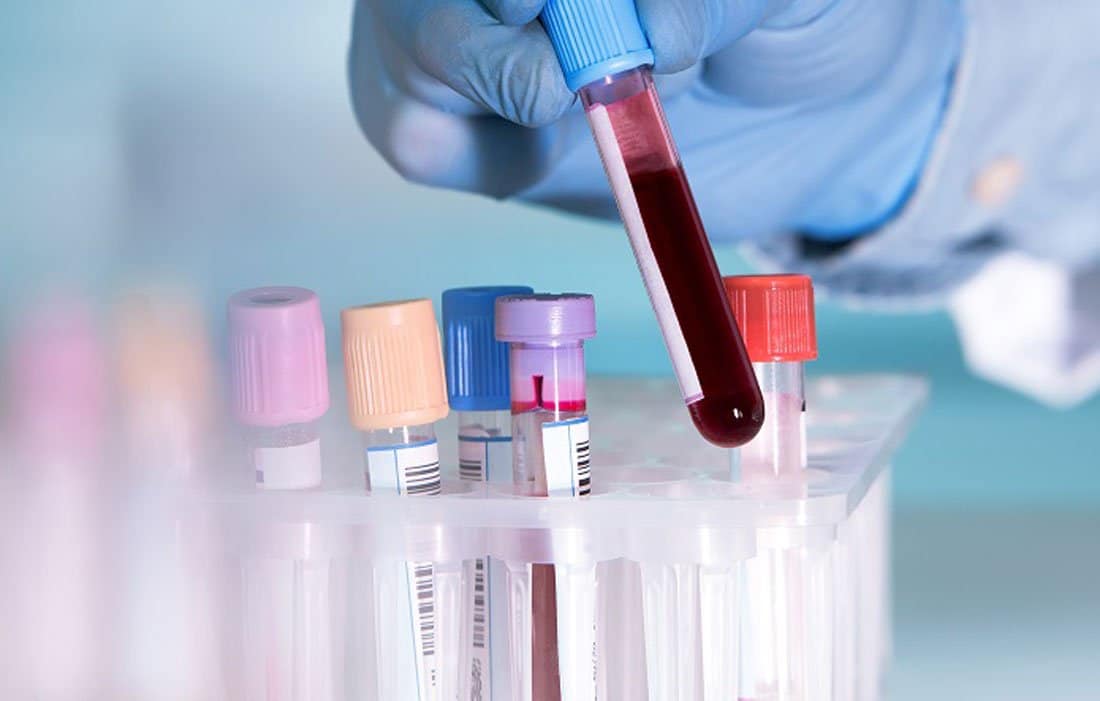Nobody can see the future (not even futuroprossimo.it, although it often gets close to it). But the blood we have in circulation can reveal many secrets to us about our future health (or about its absence).
In a new study, the researchers identified as many as 14 biomarkers in the blood linked to different causes of death. They will help predict death between the next 5 and 10 years.
“If with these parameters we can identify people's vulnerability, the next step is to predict it,” explains the researcher and epidemiologist Eline Slagboom of the Leiden University Medical Center in the Netherlands.
Right now, the prediction mechanism works very well with older people because there is a huge amount of data to compare the parameters with.
It is now a question of working on the long term, because the right amount of references is missing. Even well-known parameters such as cholesterol offer different life prospects depending on whether you are young or old.
The research
To get a complete picture, the Dutch team probed blood draws from 44.168 Europeans between 18 and 109 years old.
In the next phase of the study, 5.512 of the donors had already passed away. By analyzing and comparing the samples, the researchers in fact identified 14 factors associated with the death of the subjects. This database was then compared with a collection group from 7.600 Finnish patients collected in 1997, of which 1.213 donors died in 2019.
The verification of the 14 parameters made it possible to match the data with the death of patients in a period of 5 to 10 years.
The accuracy is 83%, much higher than traditional risk factors, and than a previous Swedish experiment.
Setting up a full-blown predictive system will take some time. It will give us an extraordinary tool to target care and prioritize patients who need it most.
“We will have the possibility to evaluate from the outside, with a single sample, the short and medium term health of a patient, and intervene on her,” says Barrier in an interview with TIME.
“The challenge is launched: from all this data the objective is to obtain a single score. A unique risk factor for all subjects, not just European ones. Something that says bluntly: from this data you will die in the next 5 to 10 years. We need to intervene here and here."
It is an exhilarating prospect, which will provide us with a sea of awareness about our health and will incredibly increase life expectancy and survival rate.
The future
From the 9 biomarkers isolated in a previous study (I talked about it here) which achieved an accuracy of 50% in predicting the risk of death, we moved on to 14 biomarkers with an accuracy of 83%.
It is still only a part of the metabolites present in body fluids. The forecasts can be much more accurate and also be very short and / or very long term.


